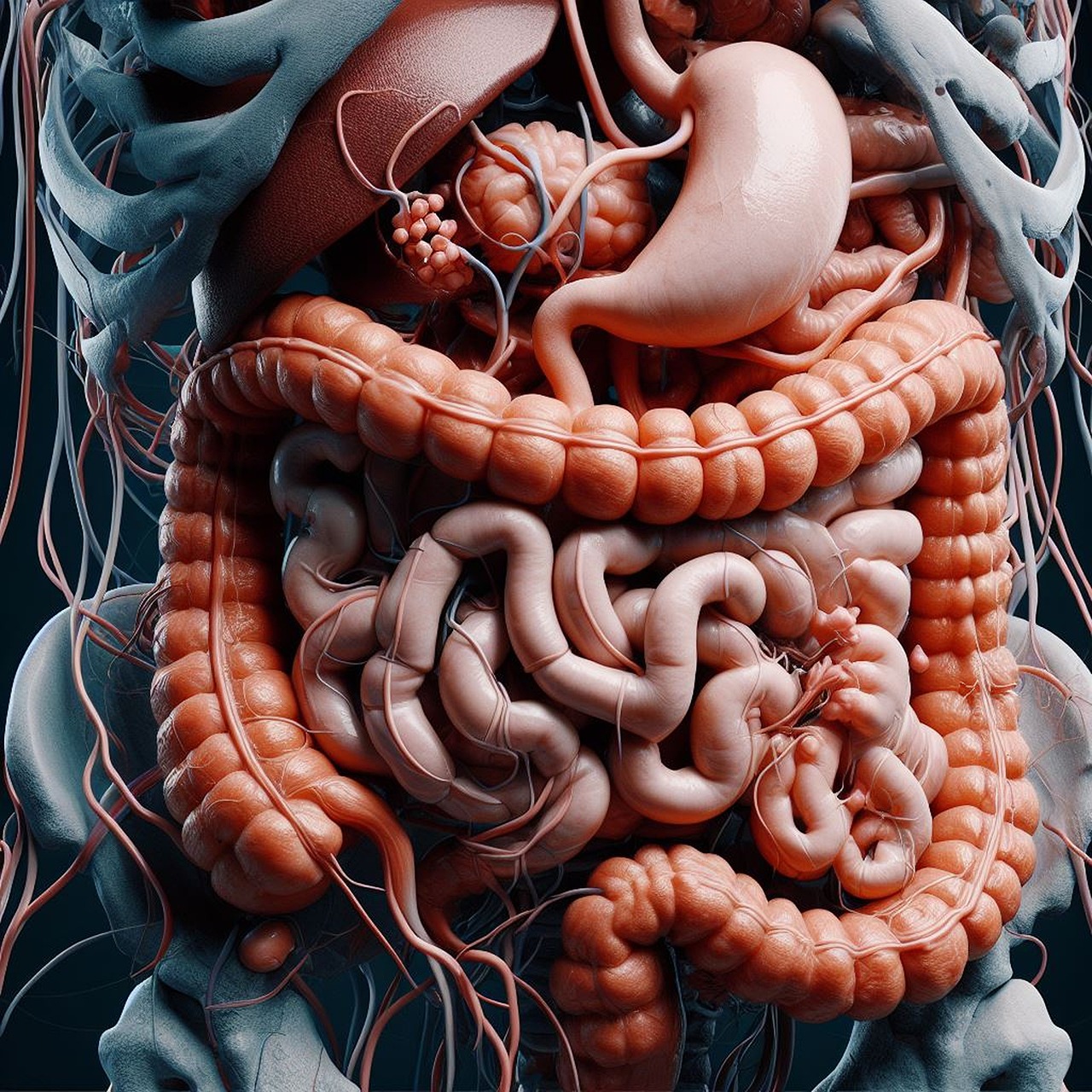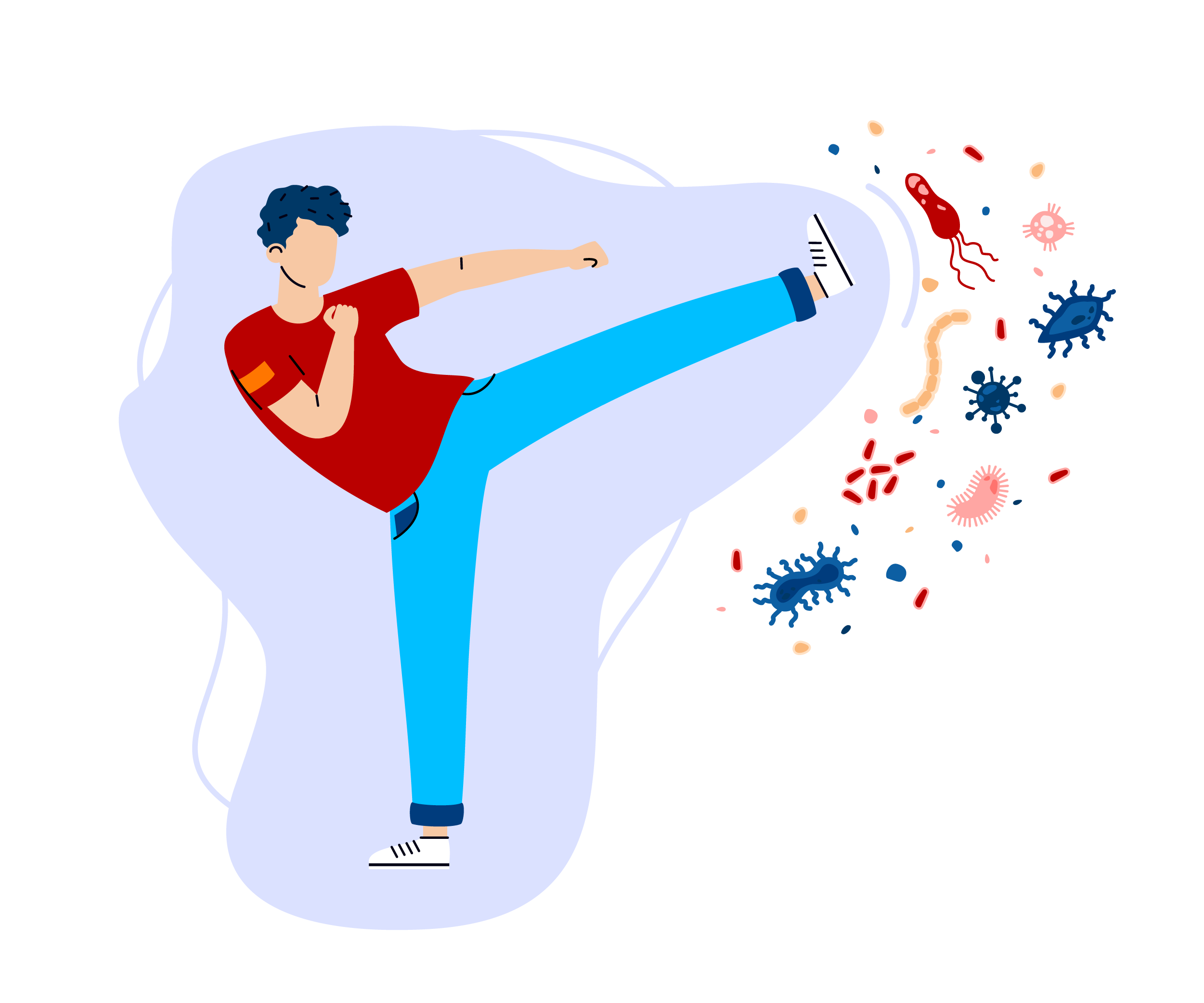
Can men get breast cancer? This is a common question coming up during Breast Cancer Awareness Month, also known as ‘Pink October’. Men do have breast tissue, so it is possible for a man to get breast cancer.
While a woman’s breast tissue grows and develops during puberty, a man’s doesn’t. However, the presence of breast tissue in males means men can still get breast cancer.
Breast cancer in men is rare. Around 1% of all breast cancer cases happen in males, and in 2021, around 2560 men are expected to be diagnosed with breast cancer. The lifetime risk of being diagnosed with breast cancer as a man is approximately 1 in 833. Comparatively, the lifetime risk of a woman being diagnosed with breast cancer is about 1 in 8.
In the spirit of raising awareness during Breast Cancer Awareness Month, let’s explore the truth about male breast cancer.
How Often Do Men Get Breast Cancer?
The risk of breast cancer in men is extremely low, and the chances of a fatal diagnosis are even lower. approximately 530 men are expected to die from breast cancer in 2021.
Doctors used to believe instances of breast cancer in men were more severe than instances in women. However, the reality is the severity of the condition is the same, but men are less likely to be diagnosed during the early stages of the disease.
Some men will be more likely to get breast cancer than others. Genetic conditions like Klinefelter’s syndrome raise the risk of male breast cancer, as does a history of male cancers in the family.
Other factors which increase risk include:
- Breast cancer in a close female relative
- History of exposure to radiation in the chest
- Enlarged breasts caused by hormonal or drug treatments
- Oestrogen supplementation
- Severe liver disease
- Damage to the testicles caused by injury, mumps orchitis, or undescended testicles
- Obesity

How Dangerous is Breast Cancer for Males?
Breast cancer among men, just like breast cancer among women, can differ in severity. Some men will be able to detect cancer quickly, have damaged cells removed, and receive treatment to send the disease into remission. Other men may not catch cancer early, because they’re less likely to recognise a problem in their breast than a woman. This is because women tend to do more regular self-breast examinations.
Breast cancer is more likely to respond successfully to treatment when the condition is found early, and the damaged cells can be removed. If cancer has a chance to spread to the lymph nodes, it can also metastasize to other areas of the body, causing higher risk levels.
Not all breast cancers are fatal, however. Some men can also suffer from tumours in the breast not caused by cancer, such as gynecomastia, which is an increase in the amount of male breast tissue which leads to a disk-like growth under the nipple and areola.
Gynecomastia is more common among teenage boys and older men due to changes in hormonal balance. In rare cases, gynecomastia can also occur as a result of diseases in the endocrine glands which cause the male body to produce more oestrogen.
Most Common Forms of Male Breast Cancer
There are different kinds of breast cancer. Most breast cancers are carcinomas, which start in various cells throughout the breast.
The most common kind of breast cancer are adenocarcinomas, which affect the ducts (milk ducts), and milk-producing glands (lobules) of the breast. There are also less-common breast cancers like sarcomas, Paget’s disease, phyllodes, and angiosarcomas.
In situ breast cancers are located in one spot and have not spread to other parts of the body. Here are some of the breast cancers men may be diagnosed with:
- Ductal carcinoma in situ: These kinds of cancers affect the milk ducts, but do not spread to surrounding tissue. Otherwise known as DCIS, these cancers account for about 1 in 10 cases of male breast cancer, and they are often curable with surgery.
- Lobular carcinoma in situ: These forms of cancer, also known as LCIS or lobular neoplasia, affect the lobule glands of the breast. LCIS is rarely seen in men, but it can be common among women.
- Infiltrating ductal carcinoma: The most common kind of breast cancer, “IDC” starts in a milk duct and grows through to the tissue of the breast. The cancer can also metastasize to other parts of the body through the lymph system. Around 8 out of 10 male breast cancers are IDCs.
- Infiltrating lobular carcinoma: ILC starts in the lobule glands and spreads to the other parts of the body and breasts. ILC is rare in men, but accounts for around 2% of male breast cancers.
- Paget disease: This kind of cancer starts in the breast ducts and spreads into the nipple and areola. Paget disease accounts for around 5% of male breast cancers, and 1-3% of female breast cancers.
There are also less common forms of breast cancer that rarely appear in men, such as inflammatory breast cancers, and special kinds of invasive breast carcinoma.

Male Breast Cancer Symptoms, Diagnosis, and Treatment
Symptoms of breast cancer in men are usually similar to those in women. Most conditions can cause things like a loss of appetite and hair, nausea, and pain. The treatment used to overcome various kinds of breast cancer can also cause side effects.
Most diagnoses of male breast cancer are given after a man finds a lump in their chest. However, many men avoid going to the doctor until they have more severe symptoms, which may indicate the spreading of cancer. The same techniques used to diagnose breast cancer in women are used for men, including physical exams, biopsies, and even mammography.
Once cancer is detected, treatment options may include:
- Surgery: Typical treatment options for men often include a mastectomy, where the breast tissue is removed. Breast-conserving surgery in which only the affected tumour is removed is also possible.
- Radiation therapy: Treatment with radioactive rays or particles can help to kill off cancer cells missed by the surgery.
- Chemotherapy: With chemotherapy, drugs are administered by mouth or injection to attack remaining cancer cells. You may have chemotherapy following surgery to lower the risk of the cancer returning.
- Hormone therapy: Some forms of cancer may require certain hormones to grow. Hormone therapy blocks the effect of the hormones, which can stop the cancer’s growth. Hormone therapy often works better in men than women, because 90% of men’s cancers are hormone-receptor-positive.
- Targeted therapy: Some men have excess amounts of HER2 protein in their body, which can accelerate the spread of cancer. Using targeted therapy with the drug Herceptin can stop cancer from growing rapidly.
Protecting Yourself Against Male Breast Cancer
The first step in protecting yourself against breast cancer is understanding how this condition can affect all kinds of people – not just women. Once you know breast cancer is capable of affecting men too, it’s easier to seek help immediately when you notice a change in your breast.
Remember, don’t be afraid to seek out medical attention if you’re concerned about a new lump, growth, or skin differentiation anywhere in your body, or other symptoms.
If you’re interested in reducing your cancer risk, it could help to take a CircleDNA test to find out if you have any genetic risk of developing certain cancers.






